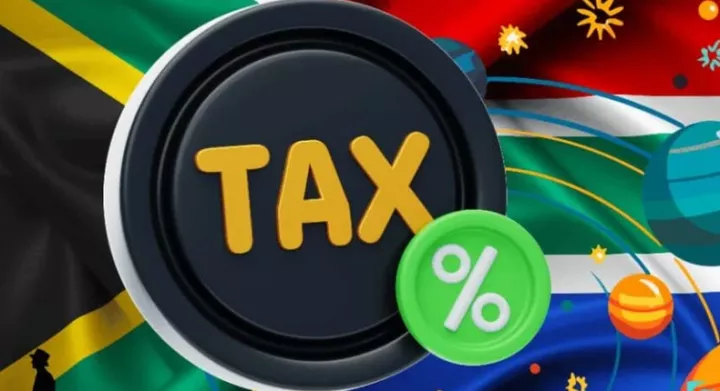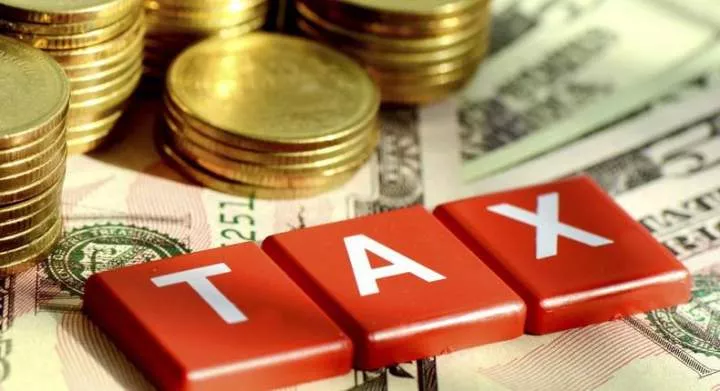Taxes play a crucial role for governments worldwide, whether in developed or developing countries.

Taxes serve as the fuel that keeps governments running, enabling them to meet the demands of their societies.
According to the World Bank, tax is essential to finance investments in human capital, infrastructure and the provision of services for citizens and businesses.
However, creating a good and fair tax system isn't easy, especially for developing nations. Governments face the constant need for revenue, but the key challenge is to figure out not just how much to tax but also what to tax.
The goal is to generate necessary revenue without relying too much on government borrowing, all while not hampering economic activity and discouraging taxpayers from participating in the process.
According to Wisevoter, taxation systems around the world are diverse, with different countries having different structures for taxation. The taxes paid by individuals and businesses vary greatly from country to country, ranging from extremely low levels of taxation to very high levels.
In some countries, there's no personal income tax at all, while in others, it can reach as high as 50%. And within a single country, taxes might differ based on the kind of goods and services you're buying.
Below are 10 African countries with the highest tax burden:
| 1 | Algeria | 37.2% | 17th |
| 2 | Seychelles | 32.4% | 31st |
| 3 | Tunisia | 32.1% | 33rd |
| 4 | Eritrea | 30.5% | 37th |
| 5 | South Africa | 29.1% | 40th |
| 6 | Morocco | 27.8% | 46th |
| 7 | Mozambique | 27.1% | 48th |
| 8 | Djibouti | 21.8% | 69th |
| 9 | Mauritius | 20.4% | 74th |
| 10 | Lesotho | 20.2% | 76th |















Comments